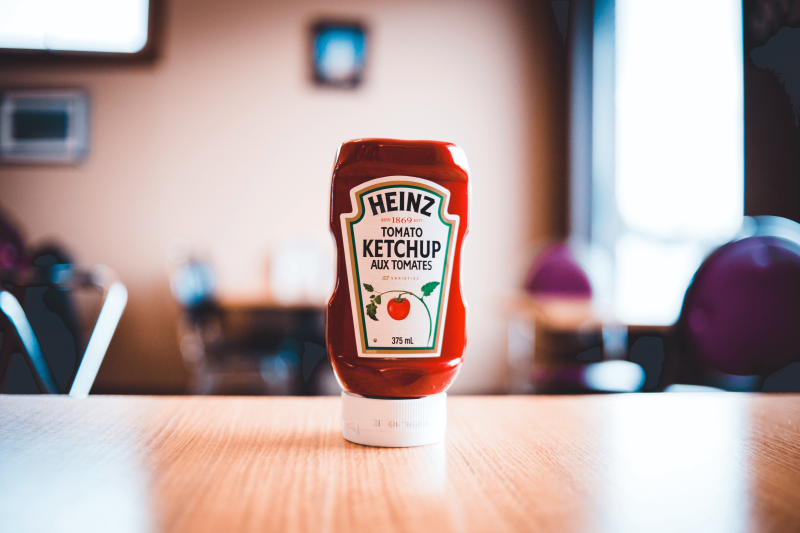Three summers’ worth of unprecedented high heat in the world’s key tomato-producing regions—Australia, Spain, and California’s central valley—have led to a precipitous decline in tomato paste stocks, the key ingredient for ketchup and other condiments. California, which produces a quarter of the world’s tomatoes, and 95% of the tomatoes used in U.S. canned goods, delivered nearly 5% less than the expected crop in 2021, and 10% less in 2022 due to the ongoing drought, according to the United States Department of Agriculture. Record-setting precipitation earlier this year helped with drought conditions, but it also flooded fields, forcing farmers to postpone planting, which could lead to reduced yields this year as well.
Upping stakes and moving to a better location isn’t always possible, says [plant scientist Mariano] Alvarez. “For a lot of [tomato producers], the only option is to somehow change the biology of the plants themselves.” Alvarez is trying to do just that, using machine learning to come up with new crossbreeds better adapted to warming weather. He is part of a growing cohort of scientist-farmers that are drawing on innovation in robotics, chemistry, genome sequencing, genetic mining, and artificial intelligence to engineer plants for a climate changed future.































